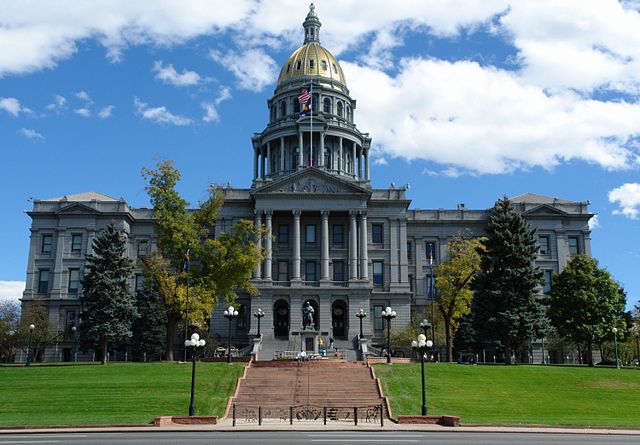Colorado Treasurer Walker Stapleton has for years pushed the state toward initiatives designed to improve the health of its pension system, and open pension data was a big part of Stapleton’s plans.
Back in 2011, Stapleton filed a lawsuit seeking the release of retirement benefit data for Colorado’s highest-earning pensioners. But the state’s pension fund, the Public Employees Retirement Association (PERA), said the information was confidential and refused to release it.
Since then, two lower courts have sided with the pension system on the issue. Stapleton appealed the rulings all the way to the state Supreme Court—but the Court announced today that they wouldn’t be hearing his case. From the Associated Press:
The Colorado Supreme Court has decided not to hear a lawsuit from state Treasurer Walker Stapleton seeking information about employee benefits in the state’s pension system.
Stapleton, a Republican, has sought non-identifying information about the top 20 percent of the pension’s beneficiaries and their annual retirement benefit. He says the information would help him to assess the health of the state pension’s program and how to keep it solvent.
Neither Stapleton nor the Court have released statements addressing the turn of events.
Last year, Stapleton convinced the Board of the PERA to lower its assumed rate of return from 8 percent to 7.5 percent. The Denver Post:
Colorado’s Public Employees’ Retirement Association voted 8-7 to lower its expected rate of return on investments to 7.5 percent, down from 8 percent.
State Treasurer Walker Stapleton has urged the board for three years to lower its rate of return, warning of an eventual collapse and bailout of the pension system for 300,000 teachers and state workers.
[The] vote means the pension fund’s unfunded liability will increase by about $6 billion to $29 billion, Stapleton estimated.
“In the short term, that’s not a good thing,” Stapleton said. “But it makes it all the more imperative that we find a way come together … and commit ourselves to fixing this problem sooner rather than later.”
The vote was a shift in philosophy from three years ago, when the board voted 10-5 to keep its rate of return at 8 percent.
The rate is used to predict investment growth over the next 30 years. Numerous economists have suggested a realistic expectation is 6.5 percent to 7.5 percent for state funds nationwide.
PERA’s average actual rate of return over the last decade has been over 8 percent. But over a different ten-year period—2001 through 2011—it returned only 3 percent annually on average.
Photo: “Denver capitol” by Hustvedt – Own work. Licensed under Creative Commons Attribution-Share Alike 3.0 via Wikimedia Commons


